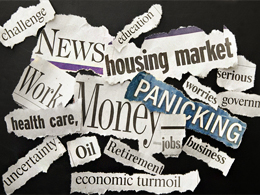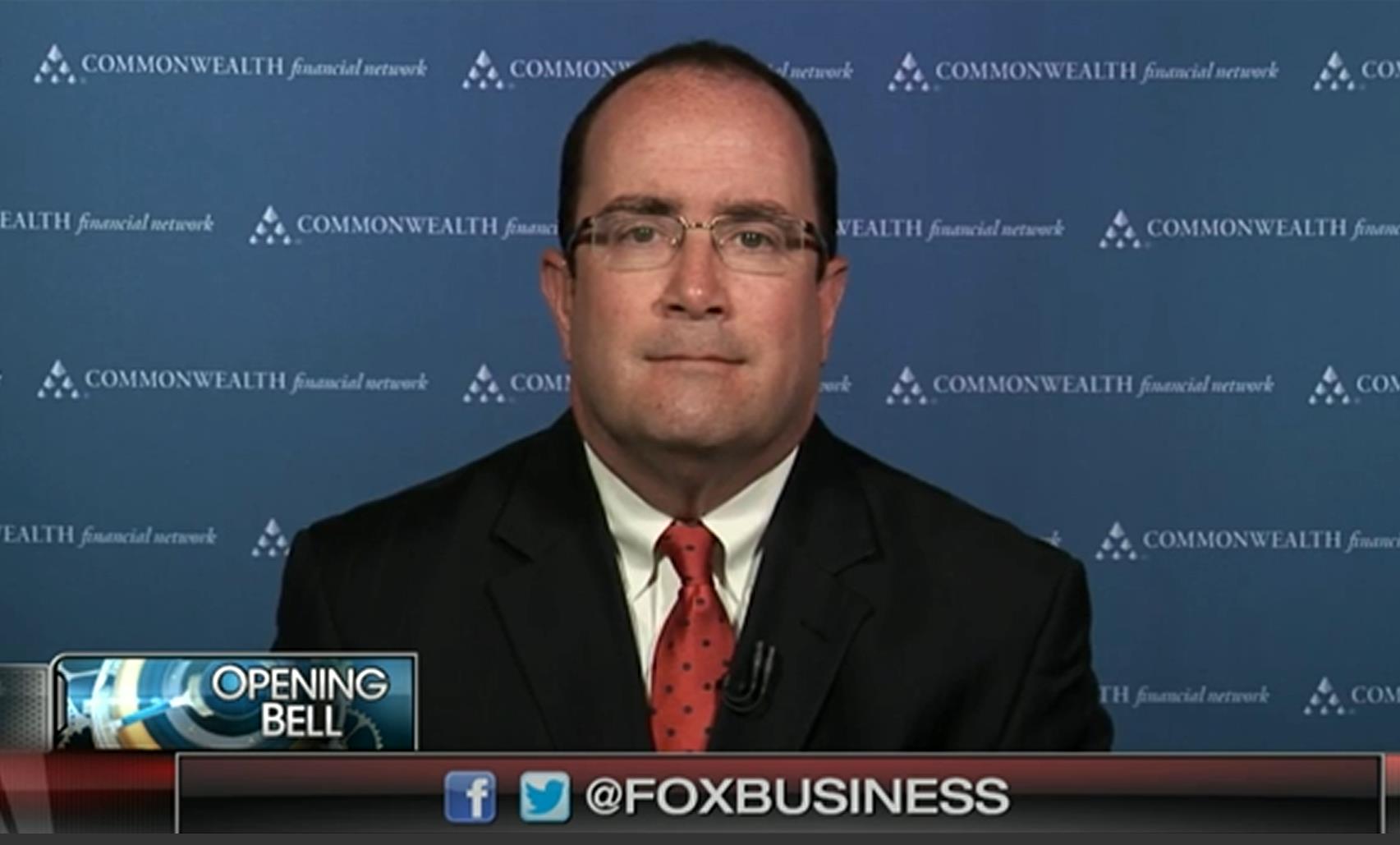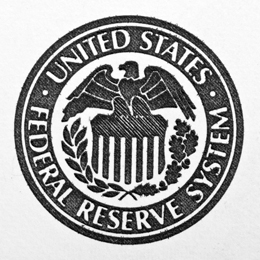Once again, it’s time for our monthly update on risk factors that have proven to be good indicators of economic trouble ahead. As expected, the data we look at here hasn’t changed much from last month—it remains positive in almost all areas and has continued to improve in many cases—but it’s still important to keep an eye on things.
As we move into the summer, though, the economic forecast remains bright, despite weakness in the first quarter.


